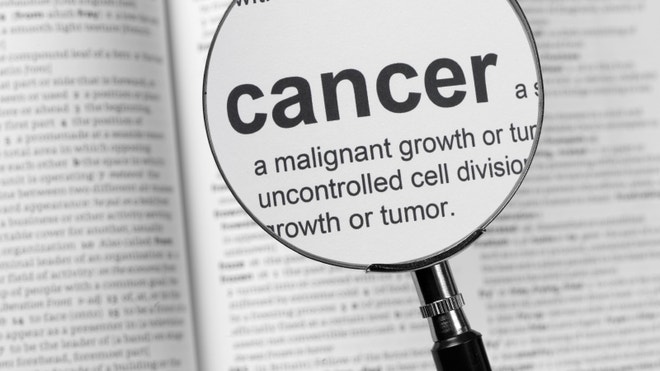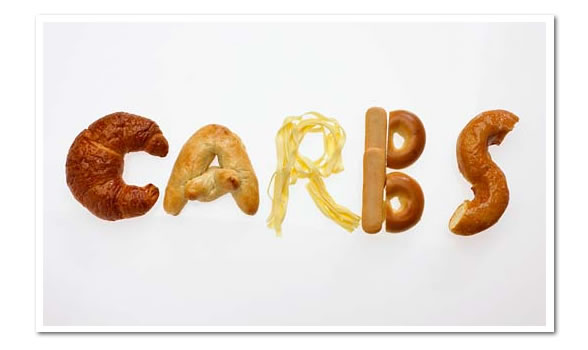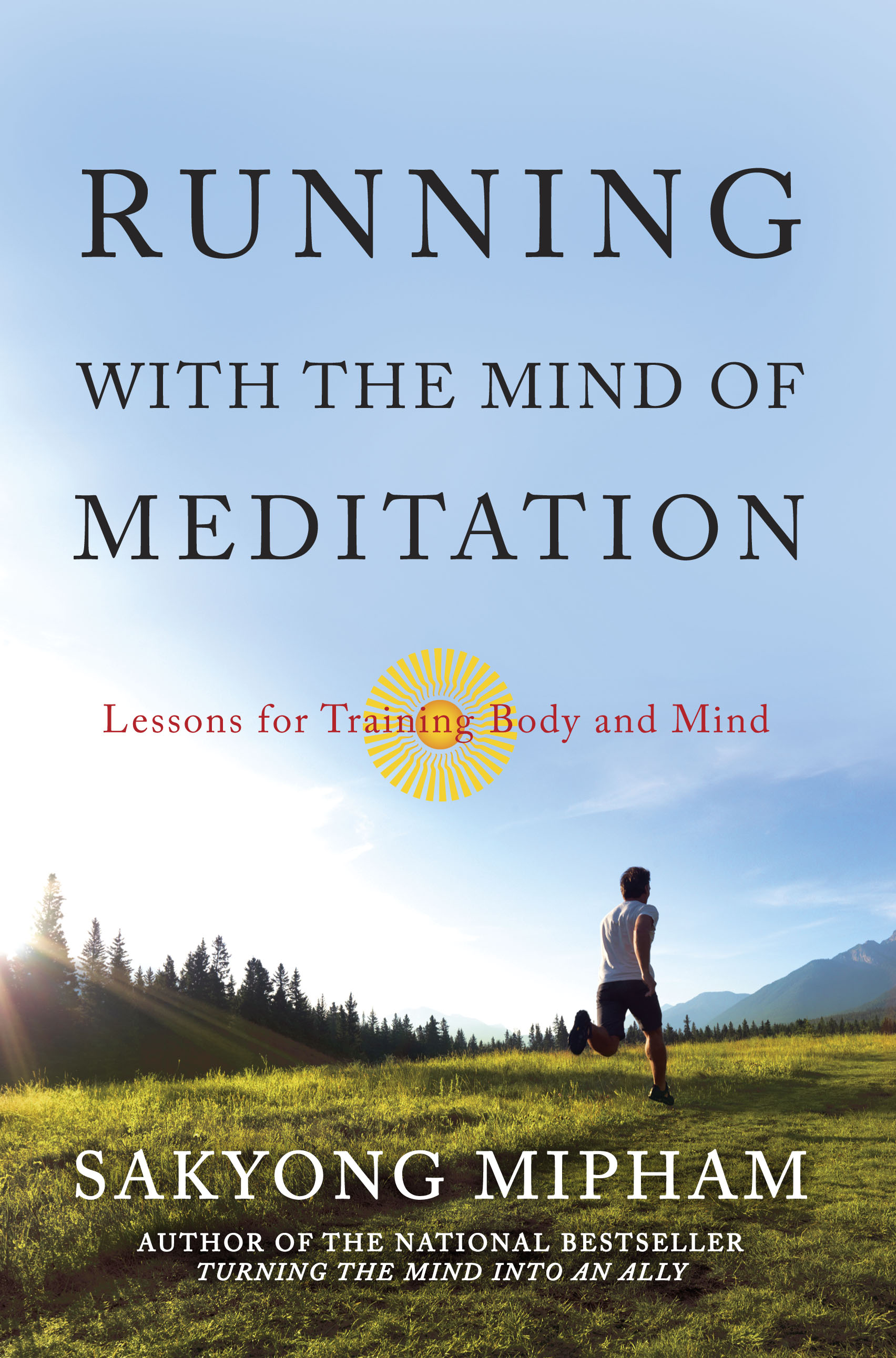- The congregants at Church of the Transfiguration are incredibly supportive of me and this endeavor. (Thank you!)
- There are a lot of people in my congregation who have faced cancer themselves, are facing cancer, or who have friends and family who have faced cancer.

3 Things We Can All Do in the Face of Cancer:
Presence, Prayer, and Prevention.
Presence
In the face of cancer there is a lot of helplessness. Sitting beside someone in the grips of helplessness tends to activate our need to do something. And I can tell you from experience, whatever we think we should say or do is probably the wrong thing. A million stupid things will enter our minds as we sit with someone who is facing cancer. Stupid things like “God only gives you what you can handle,” or “Every cloud has a silver lining.” These clichés tend to be unhelpful at best, and, at worst, insulting. The most important thing we can do is sit quietly and attentively and simply be there. This is the ministry of presence. It is rooted in the incarnation. God took on flesh and entered into the human predicament in order to redeem it. Similarly, we can enter into the predicament of our loved ones who are facing cancer by being present with them. No need to preach; just be present.
Prayer
Another thing we can do to support of friends with cancer is pray for them. When it comes to prayer there is a lot of theological ambiguity related to what we pray for. Are we to pray for God to intervene and miraculously heal our friends? Maybe. But what happens if/when they ultimately succumb to the disease and die or have their lives otherwise irrevocably changed for the worse? What role does God play in all of that? These are certainly interesting questions, but, in many cases, irrelevant. They are irrelevant because there are few satisfactory answers.
Whereas we struggle to know what the effect of the prayer is on God, what is clearer is the effect of prayer on the one for whom we pray. The majority of people find it meaningful to know that we are praying for them. It is important to tell them that you are praying for them. I like to say, “I will remember you in my prayers.” I use the word “remember” intentionally because it is multivalent. I will, of course, remember to pray for them, i.e. I won't forget. But the act of praying for them helps to literally re-member them (make them members again) in the community of faith.
Members of our community can become disconnected when cancer strikes. Oftentimes they are no longer able to show up to events and participate in our common life. They may be too tired from their treatments, too self-conscious because of their changing bodies, or too drained emotional and spiritually to engage others. Our role is to re-member them, i.e., reconnect them to the community of faith through our prayers and support. We can’t let them be dis-membered from our communities (unless, of course, they choose that for themselves, in which case we will honor that decision). Therefore, we must re-member them. We let them know that they are not forgotten, not by us, and certainly not by God.
Prevention
The third thing we can do is attempt to prevent cancer. While not all cancers are preventable, many are. We all know what we have to do: eat healthy, exercise, stop smoking, etc. But this is easier said than done. Simply put: change is hard.
I’m reading a book right now called Immunity
to Change by Drs. Robert Kegan and Lisa
Lahey. They offer insights into what causes people to not change. They help
readers identify their barriers to change and find ways to start the process of transformation.
Recently,
I was in a team meeting at the hospital with an orthopedic surgeon. He asked us
all a question: what can we do to help patients change their unhealthy behaviors and begin making improvements to their health. We batted around a number of
ideas. Of course, education was top of the list. "If people only knew what they needed to do," we all thought, "then they would do it." WRONG! The physician made this clear when he said, “Education won’t work. I know
everything there is to know about what makes people healthy and how to make
these operations (hip and knee replacements) a success, and even I won’t do it.
Look at me: I’m a pre-diabetic and 100 pounds overweight myself!”
Changing
our behavior is hard, but it isn’t impossible. We are a people of hope. We are
a people of healing. We can change our health behaviors in this community of
faith and make every effort to prevent cancer by committing to 9 behaviors that aid in the prevention of cancer (as recommended by the Prevent Cancer Foundation):
1) Know your family medical history.
2) Don't use tobacco.
3) Eat a variety of healthy foods.
4) Exercise regularly and maintain a healthy weight.
5) Protect your skin from the sun.
6) Practice safer sex.
7) Drink alcohol in moderation, if at all.
8) Follow cancer-screening guidelines.
9) Follow cancer-immunization guidelines.








